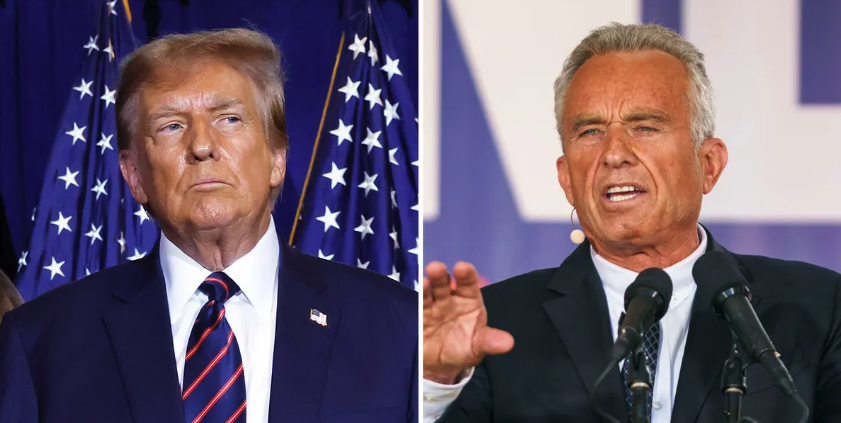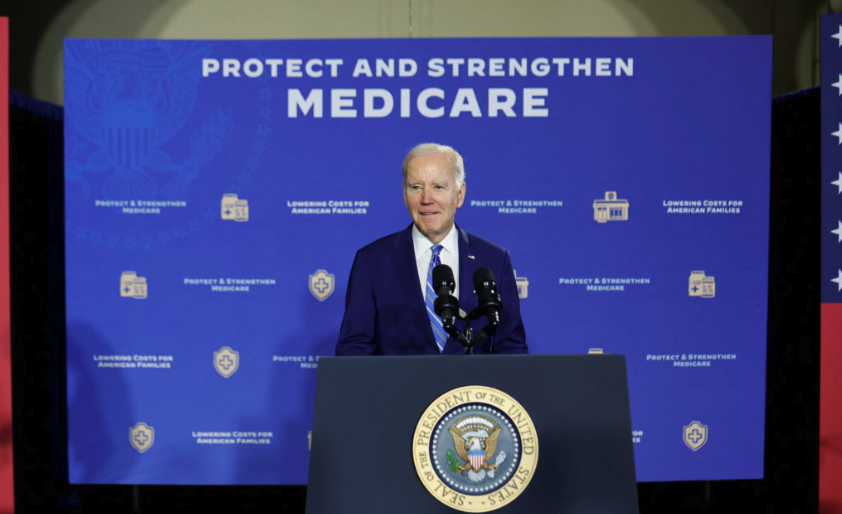
The Missouri Higher Education Loan Authority (MOHELA), a leading name in the student loan servicing sector, has recently found itself at the center of a whirlwind of scrutiny. As debates around student debt relief intensify and borrower complaints mount, MOHELA’s practices and customer service quality have sparked controversy and drawn congressional attention.
On a forthcoming Wednesday, the Senate is set to shine a spotlight on MOHELA, dedicating a hearing to address allegations that have tarnished the servicer’s reputation. Amidst this scrutiny, opinions on MOHELA diverge sharply. Supporters argue that, as the largest loan servicer, MOHELA is an easy target for criticism. In contrast, critics accuse the servicer of poor customer service and problematic practices that exacerbate borrowers’ challenges.
Scott Buchanan, executive director of the Student Loan Servicing Alliance, anticipates the hearing as an opportunity for an honest discussion grounded in data and facts. Buchanan emphasizes the complexity of student loan programs as the root cause of issues, rather than the servicers themselves.
The hearing’s focal point is the Public Service Loan Forgiveness (PSLF) program, for which MOHELA became the exclusive provider in 2022. Senator Elizabeth Warren, known for her advocacy for student borrowers, has spearheaded this initiative. She criticizes MOHELA for contributing to borrowers’ hardships, especially in the context of the COVID-19 pandemic and access to PSLF relief.
Investigations by organizations like the Student Borrower Protection Center (SBPC) and the American Federation of Teachers (AFT) have accused MOHELA of pushing borrowers towards self-help options to avoid providing necessary assistance. These allegations, supported by what has been termed the “MOHELA Papers,” have prompted calls for an investigation into the servicer’s practices.
MOHELA, however, defends its operations, asserting that spreading misleading claims does not improve the borrower experience. Despite this defense, the servicer faces criticism for its handling of the PSLF program and its role in the Supreme Court case that challenged President Biden’s universal student debt relief plan.
Supporters and opponents of MOHELA acknowledge the significant challenges of managing the PSLF program. The servicer’s struggles, including fines for incorrect balance notifications and issues with paperwork processing, highlight the difficulties in administering such a complex program.
MOHELA’s involvement in legal challenges to student debt relief further complicates its public image. Last summer, the Supreme Court’s decision against Biden’s debt relief plan was influenced by arguments regarding MOHELA’s potential revenue loss, bringing the servicer into the broader debate over student debt forgiveness.
As MOHELA prepares for the Department of Education to take over some aspects of the PSLF program, the servicer looks forward to supporting the government’s transition strategy. This move may offer MOHELA an opportunity to refocus on its core mission of serving student borrowers effectively.
In the midst of these challenges, the MOHELA saga underscores the intricate dynamics of student loan servicing. Borrowers, policymakers, and servicers alike grapple with the complexities of ensuring accessible, equitable student loan services. As MOHELA navigates this tumultuous landscape, the broader conversation continues on how best to support millions of Americans burdened by student debt.











